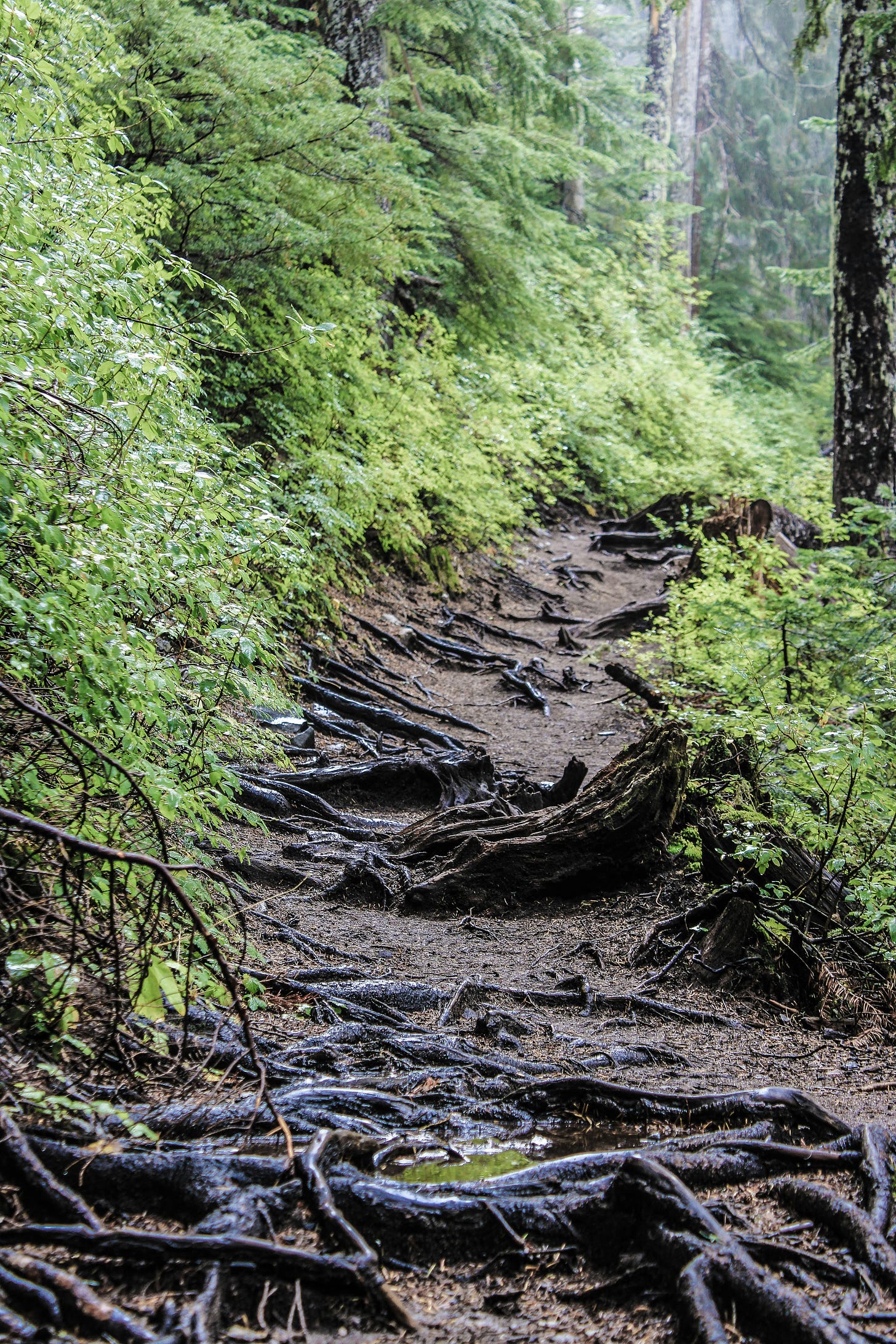Does slowness ever get you in trouble? It can on a mountain bike. In wet conditions, tree roots become very slick. But the solution isn’t "strategic slowness." It’s actually more speed. Going too slowly will give your tires more time on the wet roots, leading to traction loss and a dangerous fall.
Thus the solution is actually less caution not more. More speed to mitigate the slipperiness while maintaining overall control of your bike.
That’s an interesting metaphor for work and life, particularly in decision-making. Do you ever overthink things, and inadvertently make things worse? I can relate to that. For years I found certain practical decisions agonizing. And I felt terrible about myself because of it. I eventually realized that I expected certainty where certainty couldn’t exist—it was illusory. In many things, there isn’t really a “right” answer and to pursue one is foolish. To quote Star Wars, “It’s a trap!”
Patrick Lencioni in The Advantage notes that “implementation science is more important than decision science.” He’s essentially saying this: gather information, yes, but don’t overdo it. At a certain point, additional information and analysis may only marginally improve decision-making quality. Meanwhile, in the process you’ve wasted time and momentum, and possibly tied yourself and your people into knots. Decide and move. If you make a poor decision, course correct. Over-analysis—going “carefully slow”—can lead to paralysis.
What leads to this over-analysis trap? Perhaps one or more of the following:
Inexperience: I haven’t “ridden” this terrain before. Solution: seek wise counsel from those who have.
Lack of humility: I’m unwilling to fail, or be seen by others to have done so. So I don’t try, justifying inactivity by “I’m still thinking about it.” No, at a certain point you’re just thinking about how to avoid failing—not about what you should do in a timely fashion.
Fear: what if I or others get hurt? Fear is a necessary part of life but needs to be channeled. Courage, I remind you, isn’t the absence of fear, but doing what is right and prudent despite it. Practice courage.
Lack of trust in God: Fr. Jacques Phillips points out in Searching for and Maintaining Peace that God sometimes doesn’t allow us to “see” a way forward. In the prudential arena (vs. the moral one in which things are clearly right or wrong) he invites us to “become like little children” and trust that, whatever we choose, things will work out for our good (cf. Romans 8:28). To hope for otherwise can sometimes bely a need to control everything, which returns us to the “lack of humility” theme.
Where are you over-analyzing, and why? What’s one thing you can do this week to go “carefully quick”?




